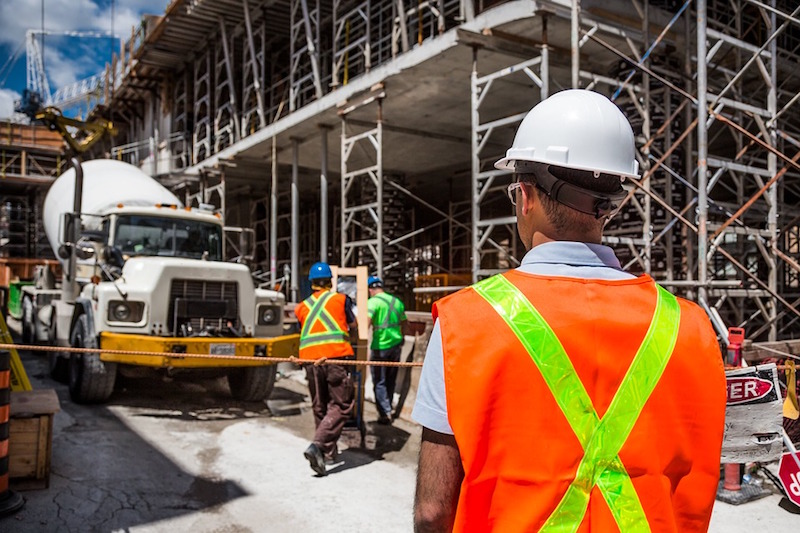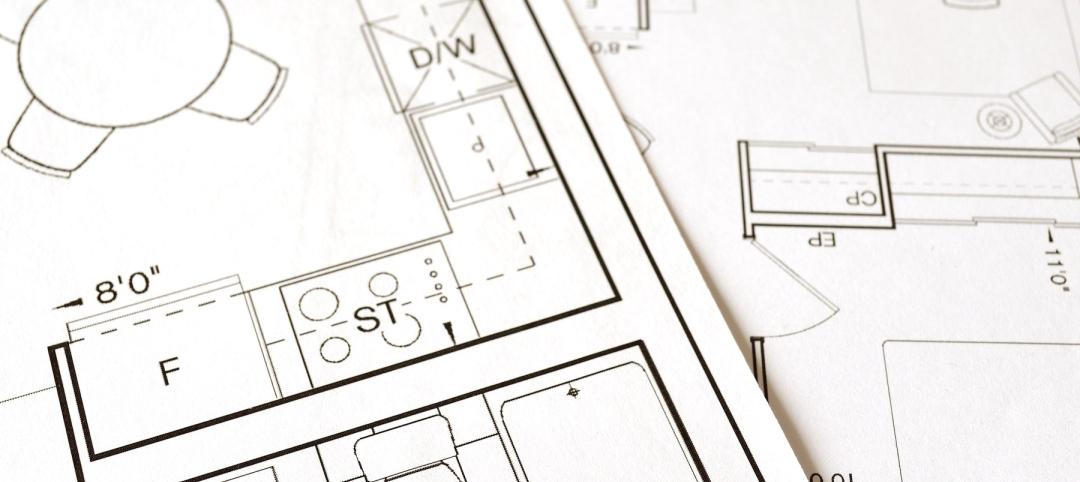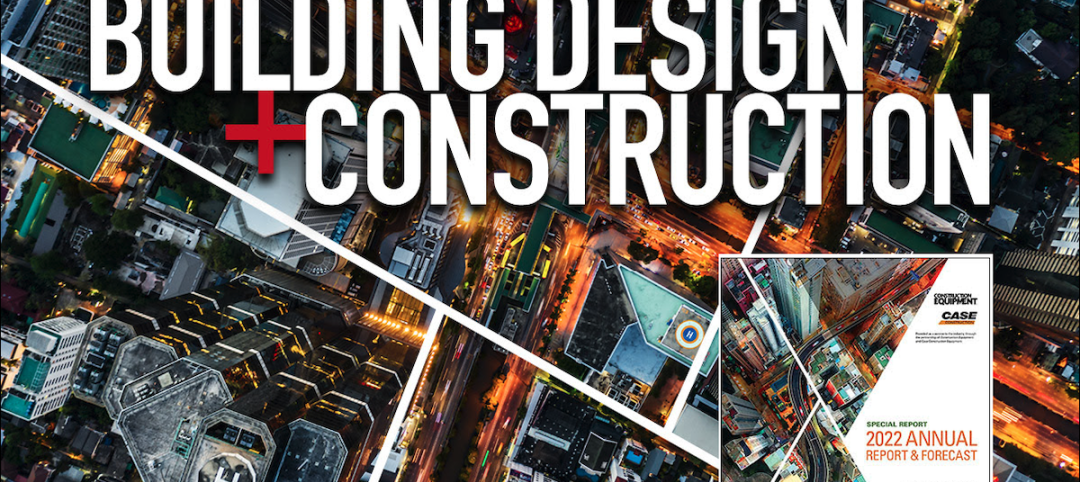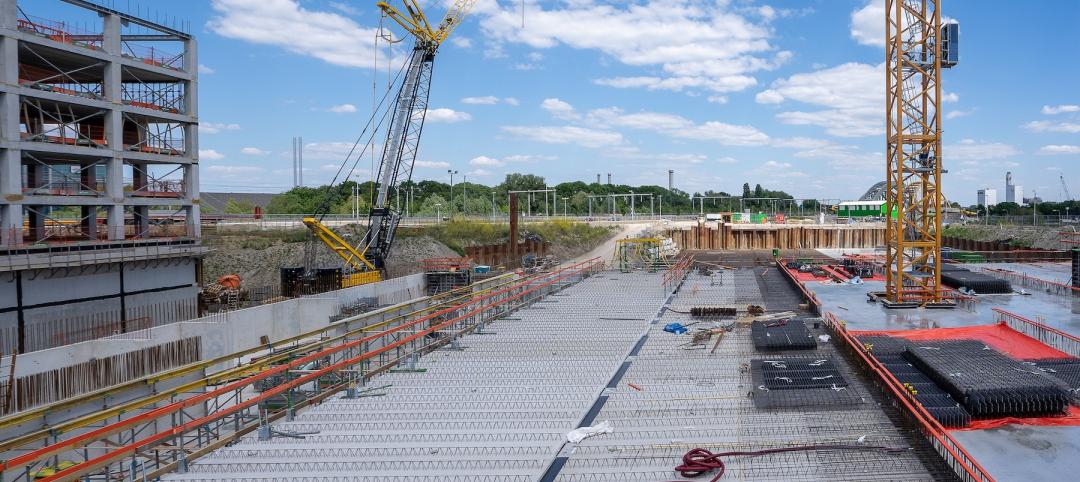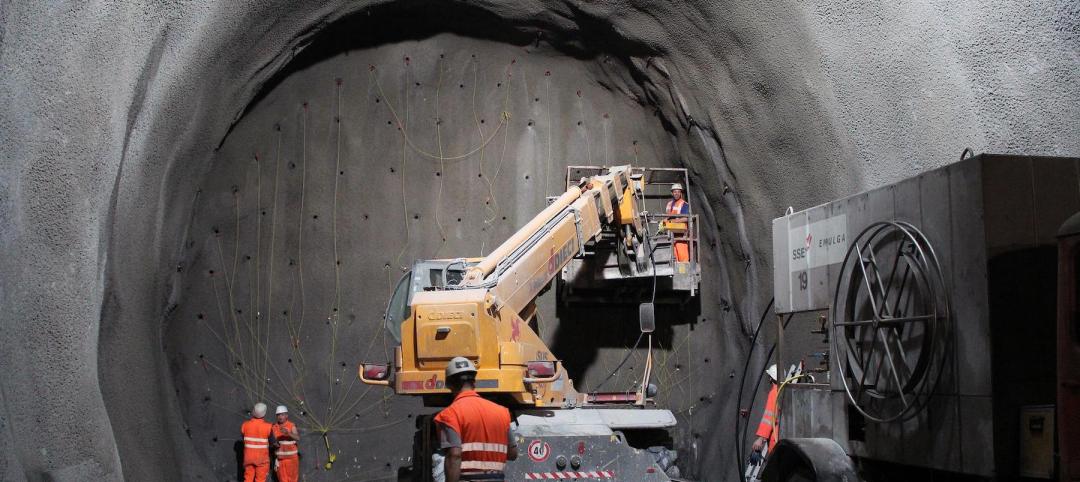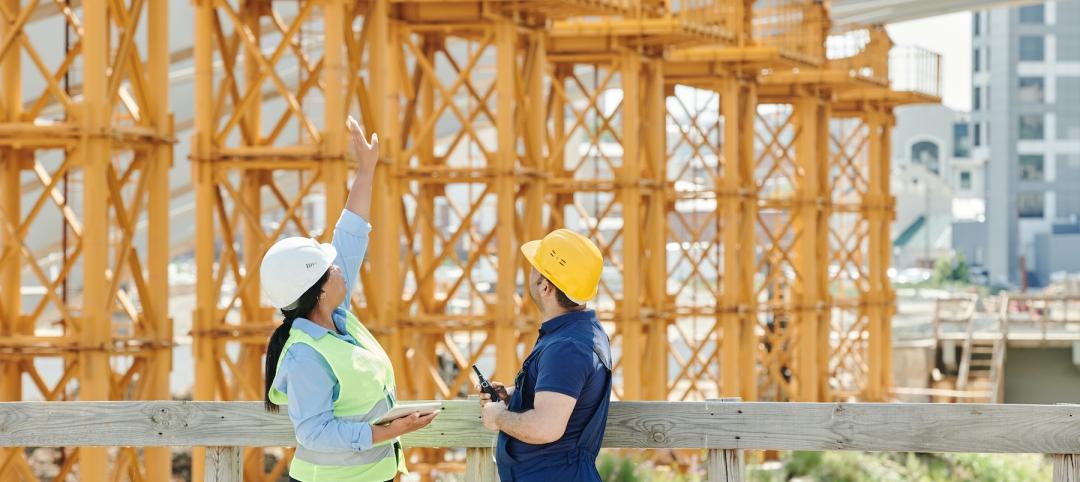Construction employment increased by 61,000 jobs in February to the highest level since June 2008 as rising pay rates enabled the industry to attract more workers, according to an analysis of new government data by the Associated General Contractors of America. However, association officials cautioned that the Trump administration's newly imposed steel and aluminum tariffs have the potential to undermine future employment growth for the sector.
"Construction industry employment has accelerated over the past four months, and industry pay rates are now more than 10% higher than the private-sector average," said Ken Simonson, the association's Chief Economist. "However, steep tariffs on steel and aluminum will add to rapidly rising materials costs. The combination of higher materials and labor costs could push some contractors out of business and make many projects unaffordable."
Construction employment totaled 7,173,000 in February, a gain of 61,000 for the month and 254,000, or 3.7%, over 12 months. The economist pointed out that the year-over-year growth rate in industry jobs was more than double the 1.6% rise in total nonfarm payroll employment.
Residential construction—comprising residential building and specialty trade contractors—added 25,400 jobs in February and 107,500 jobs, or 4.0%, over the past 12 months. Nonresidential construction (building, specialty trades, and heavy and civil engineering construction) employment increased by 35,400 jobs in February and 147,200 positions, or 3.5%, over 12 months.
While the industry added over a quarter-million jobs during the past year, the number of unemployed job seekers with recent construction experience only fell by 49,000 between February 2017 and February 2018. The unemployment rate in construction dropped to 7.8% last month from 8.8% a year earlier. This suggests that most of the new hires at construction firms are from other sectors of the economy or new entrants to the labor force, Simonson said.
One reason so many people may be leaving other sectors for construction is that average hourly earnings in the industry climbed to $29.47, a rise of 3.3% from a year earlier. In contrast, the average for all nonfarm private-sector jobs rose just 2.6% in the past year, to $26.75. The construction rate is now 10.2% higher than the private-sector average, the economist said.
Construction officials said the new employment figures are an encouraging sign that demand for construction services remains robust. But they cautioned that the new tariffs will raise costs for firms, many of which are locked into fixed-price contracts with little ability to charge more for their services. This will leave many employers with less money to invest in equipment and personnel, they added.
"It is frustrating to see the potential benefits of the President's tax cuts and regulatory reforms being undermined by his short-sighted decision to impose tariffs," said Stephen E. Sandherr, the association's Chief Executive Officer. "The best way to help the U.S. steel and aluminum sector is to continue pushing measures, like regulatory reform and new infrastructure funding, that will boost demand for their products."
Related Stories
Codes and Standards | Oct 26, 2022
‘Landmark study’ offers key recommendations for design-build delivery
The ACEC Research Institute and the University of Colorado Boulder released what the White House called a “landmark study” on the design-build delivery method.
Building Team | Oct 26, 2022
The U.S. hotel construction pipeline shows positive growth year-over-year at Q3 2022 close
According to the third quarter Construction Pipeline Trend Report for the United States from Lodging Econometrics (LE), the U.S. construction pipeline stands at 5,317 projects/629,489 rooms, up 10% by projects and 6% rooms Year-Over-Year (YOY).
Designers | Oct 19, 2022
Architecture Billings Index moderates but remains healthy
For the twentieth consecutive month architecture firms reported increasing demand for design services in September, according to a new report today from The American Institute of Architects (AIA).
Market Data | Oct 17, 2022
Calling all AEC professionals! BD+C editors need your expertise for our 2023 market forecast survey
The BD+C editorial team needs your help with an important research project. We are conducting research to understand the current state of the U.S. design and construction industry.
Market Data | Oct 14, 2022
ABC’s Construction Backlog Indicator Jumps in September; Contractor Confidence Remains Steady
Associated Builders and Contractors reports today that its Construction Backlog Indicator increased to 9.0 months in September, according to an ABC member survey conducted Sept. 20 to Oct. 5.
Market Data | Oct 12, 2022
ABC: Construction Input Prices Inched Down in September; Up 41% Since February 2020
Construction input prices dipped 0.1% in September compared to the previous month, according to an Associated Builders and Contractors analysis of U.S. Bureau of Labor Statistics’ Producer Price Index data released today.
Laboratories | Oct 5, 2022
Bigger is better for a maturing life sciences sector
CRB's latest report predicts more diversification and vertical integration in research and production.
Market Data | Aug 25, 2022
‘Disruptions’ will moderate construction spending through next year
JLL’s latest outlook predicts continued pricing volatility due to shortages in materials and labor
Market Data | Aug 2, 2022
Nonresidential construction spending falls 0.5% in June, says ABC
National nonresidential construction spending was down by 0.5% in June, according to an Associated Builders and Contractors analysis of data published today by the U.S. Census Bureau.
Market Data | Jul 28, 2022
The latest Beck Group report sees earlier project collaboration as one way out of the inflation/supply chain malaise
In the first six months of 2022, quarter-to-quarter inflation for construction materials showed signs of easing, but only slightly.


